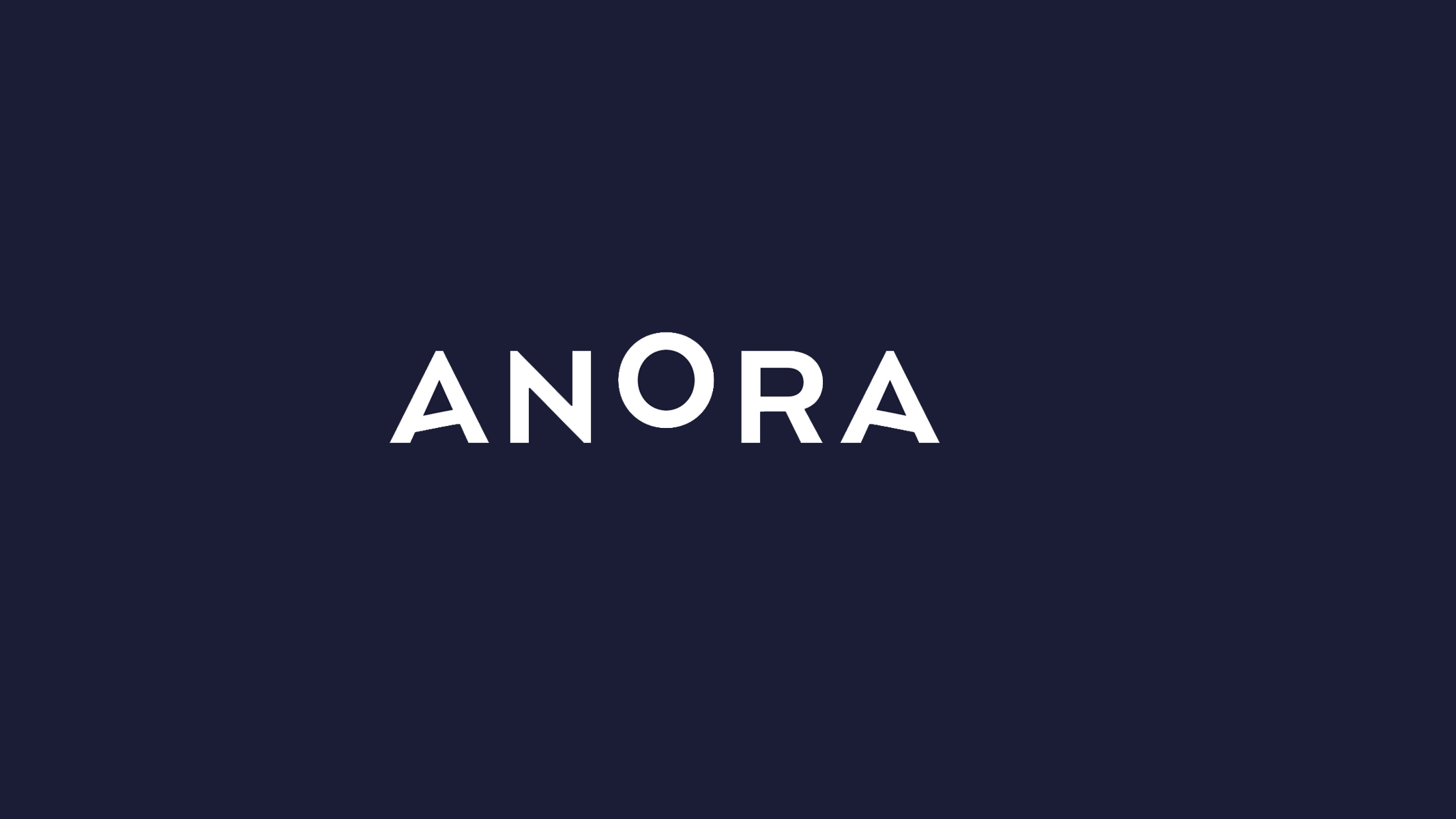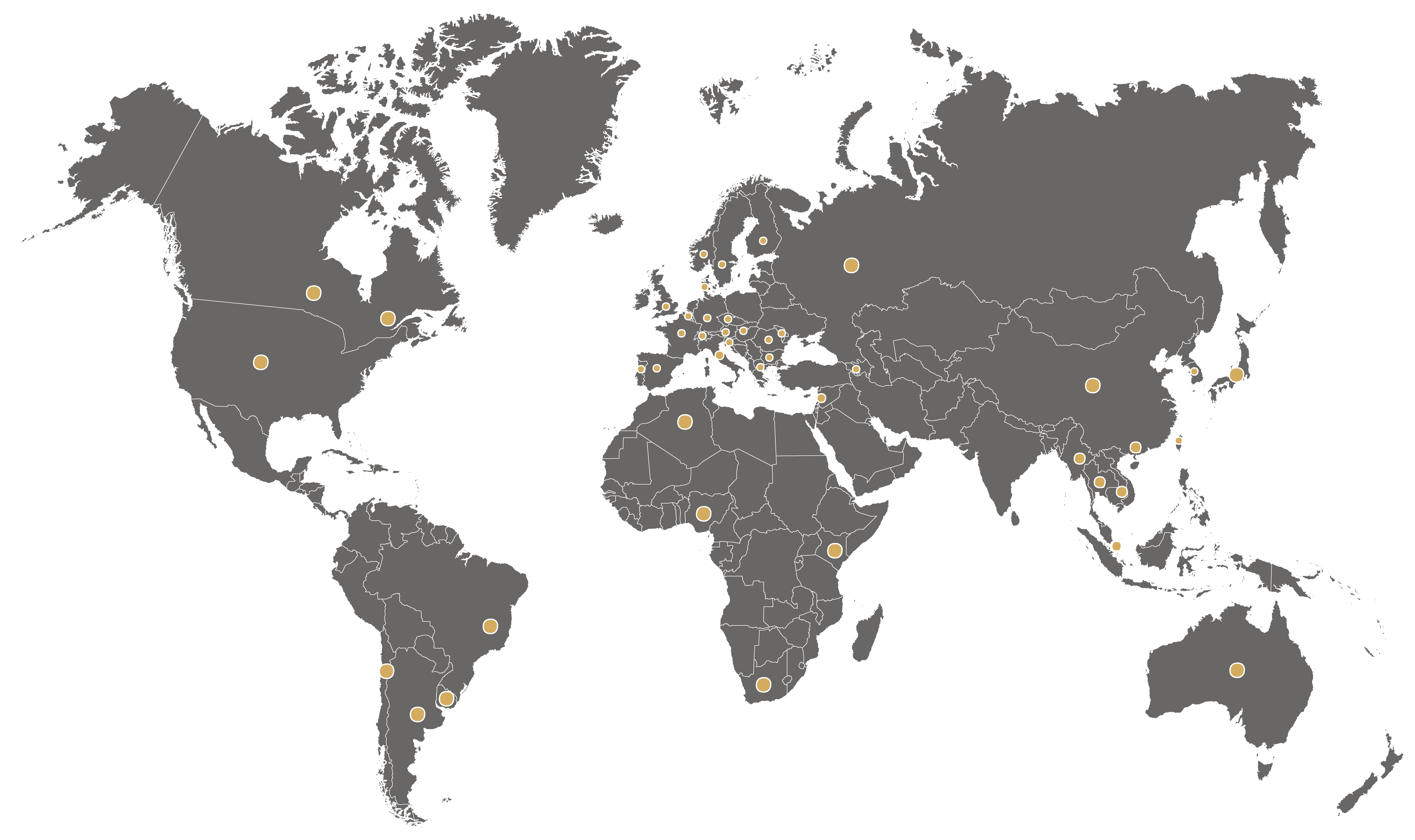Alongside beer, wine is one of the most popular alcoholic beverages in Sweden. While the country does not produce wine, it represents a highly attractive market for exports. Known for its openness to international trends, Sweden boasts a thriving wine culture and a population eager to discover new flavors. With a few key rules in mind, success is within reach. Here’s our guide!
The Swedish wine market is unique due to the state monopoly on alcohol sales, managed by the Systembolaget chain of stores. To purchase beverages with an alcohol content higher than 3.5%, Swedish consumers must visit one of the Systembolaget stores. As a result, all wines must meet high-quality standards and ensure complete transparency.

To export wine to Sweden and be listed by Systembolaget, which offered over 1,700 wines in 2023, you must collaborate with importers who work directly with Systembolaget.
Listings with Systembolaget are based solely on tenders. Once a tender is won, producers can appear on one of the following ordering lists:
Systembolaget favors wines with a good price-to-quality ratio and large volumes or those that are sustainable, natural, and certified organic, which are gaining significant interest in the Swedish market.
Since 2023, the Danish website Winefinder has been authorized to sell and deliver alcoholic beverages to Swedish consumers without infringing on the state monopoly. This development opens the door for many players eager to expand online wine sales.

As Sweden is part of the EU, European regulations apply to most products. Alcoholic beverages from the EU must therefore pay VAT and excise duties. It's important to note that Sweden imposes some of the highest excise duties on alcoholic beverages in Europe.
For companies outside the EU, an EORI number is required. Once the company obtains this number, it can use it for exports to Sweden and other EU member states.

In 2022, Systembolaget sold over 558 million liters (-2%) of alcoholic beverages for a total of 37 billion SEK (~3.2 billion EUR), making Sweden one of the world’s largest alcohol purchasers.
Red wines dominate the Swedish market, accounting for approximately 46% of total consumption. White and rosé wines also hold significant shares, with a growing preference for dry whites and light rosés, particularly during the summer months. Red wines from regions like France, Italy, Spain, and South Africa represent the majority of the market, while white and sparkling wines also have substantial shares.
Thanks to their comfortable incomes, Swedes are increasingly adopting the concept of "consuming less, but better." They place great importance on high-quality and innovative products, leading to a shift toward more refined consumption. There is growing interest in local, artisanally made products with a focus on sustainable practices. Systembolaget has even introduced the "Hållbart val" label, which helps identify beverages meeting sustainability requirements such as eco-friendly production, low-carbon packaging, supply chain traceability, or fair working conditions.

Thomas Larsson - Brand Manager - Anora, Sweden
"Swedish consumers appreciate the weight and credibility that a medal gives to wine. The Gilbert & Gaillard International Challenge medals are elegant and eye-catching on shelves, contributing to increased sales. "

Using Gilbert & Gaillard medals for wine exportation means leveraging an internationally recognized wine competition with a 35-year history. Want to register your wines? Log in to your winemaker space for access to our database of over 10,000 importers and distributors, including a specialized list of Swedish importers.
